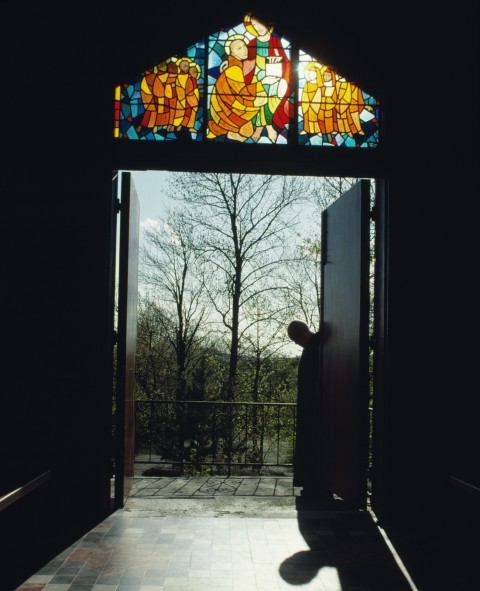Questions at the door

I’ve never understood pastors who begin the worship service with announcements. It seems odd liturgically to start by referring to things that are happening at another time and often in another place. It’s certainly a strange form of hospitality to get stuck into the housekeeping arrangements before offering what the newcomers think they’ve come for. And you often end up urging worshipers to join in an activity or event when a third of them haven’t turned up yet.
I prefer to make the announcements part of the service ending—a bit like the ads that come between the climax of the sit-com and its final scene. It’s an unswerving law of church that although people don’t much listen to announcements, they may take profound offense at them. Pastors who pore over every semicolon of a sermon text assume that they can “wing it” with the announcements—which is how they end up revealing more than they intended and taking way too long to do it.
One Sunday, having waded through a call for volunteers, I said, “You know, I should probably say this every Sunday, but if you’ve come here this morning feeling brokenhearted or anxious about something, don’t leave without talking to one of the pastors about it. That’s why we have coffee hour—to get to know each other well enough so that when things fall apart we can share what we’re going through. Talking to you is what we’re here for.”





